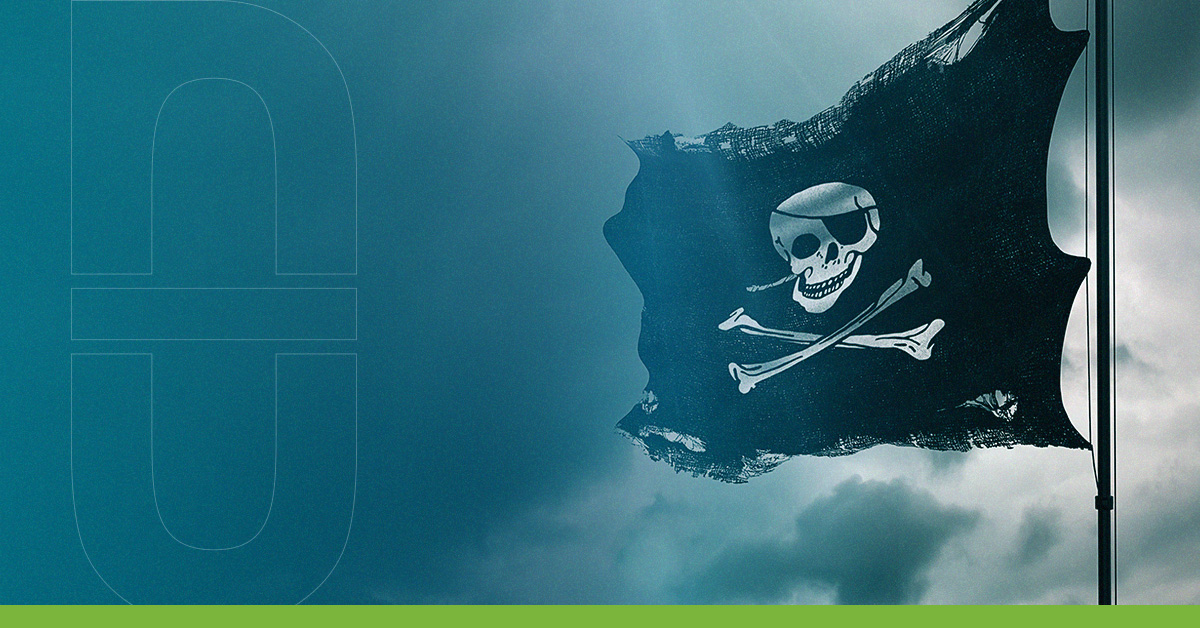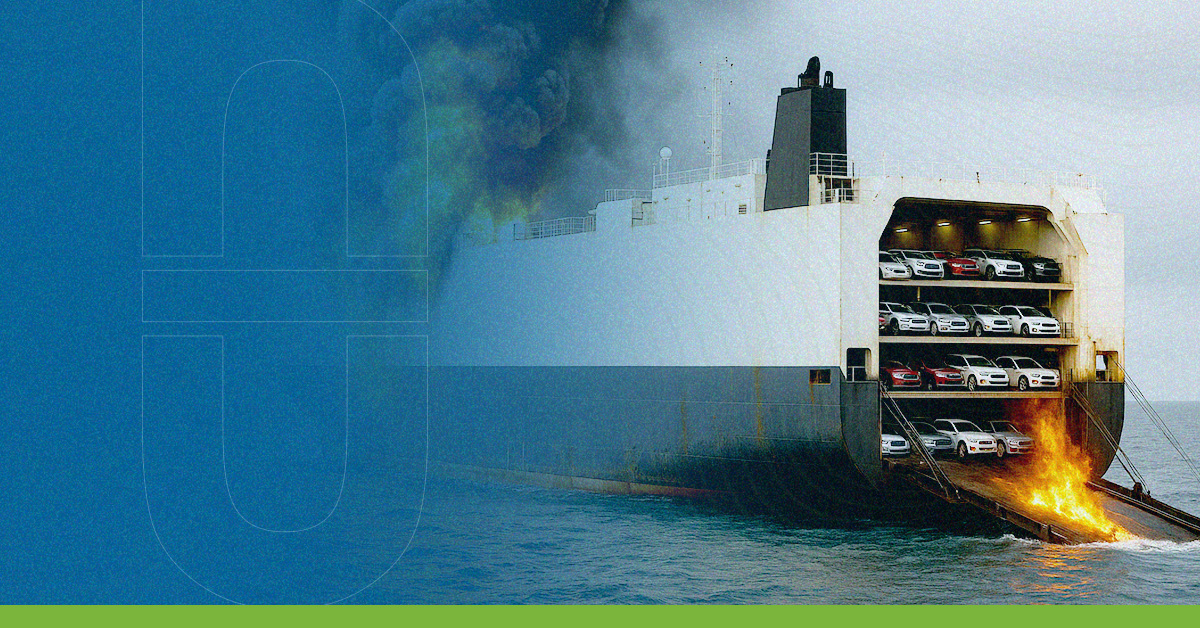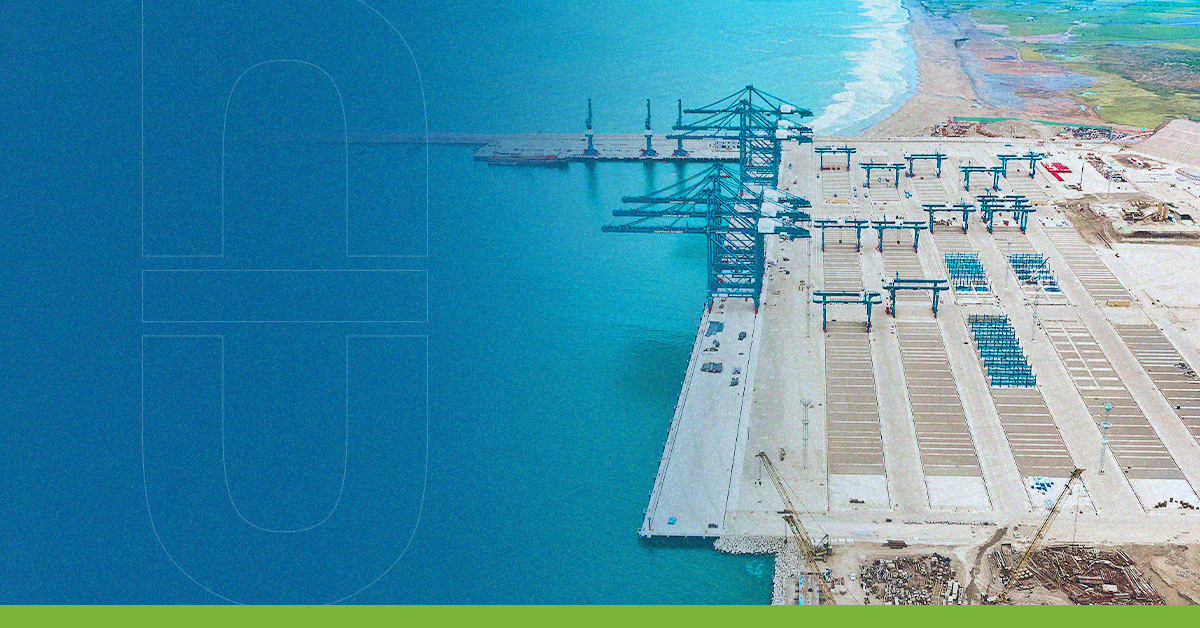Maritime piracy, far from being an isolated problem as some think, has become an evil that, unfortunately, has spread to many parts of the planet in recent decades, not only causing damage on the coasts of Somalia, but also on other routes such as those of Nigeria and Indonesia. In these places, transport companies have had to quadruple their security measures in order to preserve the integrity of the goods in transit and that of their collaborators.
A clear example of how this type of piracy has grown enormously is the Gulf of Guinea, which has already replaced Somalia as one of the most dangerous sea routes for ships belonging to large transport companies. What’s worse, any other type of navigator could even serve as a tool to justify financial ransoms after a kidnapping.
Maritime piracy and its different scopes
Maritime piracy is practically the act that relies on violence to detain and loot the material property of vessels on a certain route that, in general, is not under the jurisdiction of any State. These illegal actions can lead to kidnappings and, in other cases, even the elimination of personnel on board if deemed necessary by the pirates who commit the act.
The different scopes or phases of piracy in maritime routes consist of:
- Illegal boarding of pirates inside the vessel without any consent.
- Kidnapping of the captain or all the personnel of the ship, either for a call at a nearby port for the purpose of requesting ransom and, in turn, seizing goods in transit.
- Activate their firearms in order to cause chaos in the crew, slow down the ship and subsequently gain access to it.
- Finally, and in the best-case scenario, the pirates fail in their attempt to board the ship illegally thanks to the security measures employed on the ship in question.
Between January and September 2020 alone, some 132 piracy incidents were reported worldwide, which translated into an increase of 11% compared to 2019. This is highly worrisome considering that this period of time coincides with the pandemic, a time in which logistics had a momentary reduction.
Its implications for international trade and the need for good cargo insurance
The economic losses resulting from maritime piracy are undoubtedly one of the problems that unfortunately continue to reign in logistics and consequently continue to seriously affect international trade, since about 90% of this falls on transport carried out through routes such as the Red Sea, which is currently restricted due to the conflict between Israel and Palestine.
This set of situations and the high risk involved in navigating waters threatened by pirates creates a series of drawbacks such as slower delivery times due to the alternative routes that transport companies must choose, much higher operating costs related to the energy used for such journeys and the relevant safety measures.
Finally, the loss of goods or the integrity of people on board ships looted as a result of maritime piracy are just some of the implications it can have on trade. However, taking out cargo insurance has been an excellent tool to reduce damage and maintain the safety of companies that, in the face of all dangers, continue to do their best to meet delivery deadlines and keep the logistics industry afloat.
Sources:
Análisis de la piratería marítima global. Web Picking
¿Cómo la piratería afecta tus movimientos de carga?. Skholl
¿Cómo afecta la piratería al sector del transporte marítimo?. Prosertek




